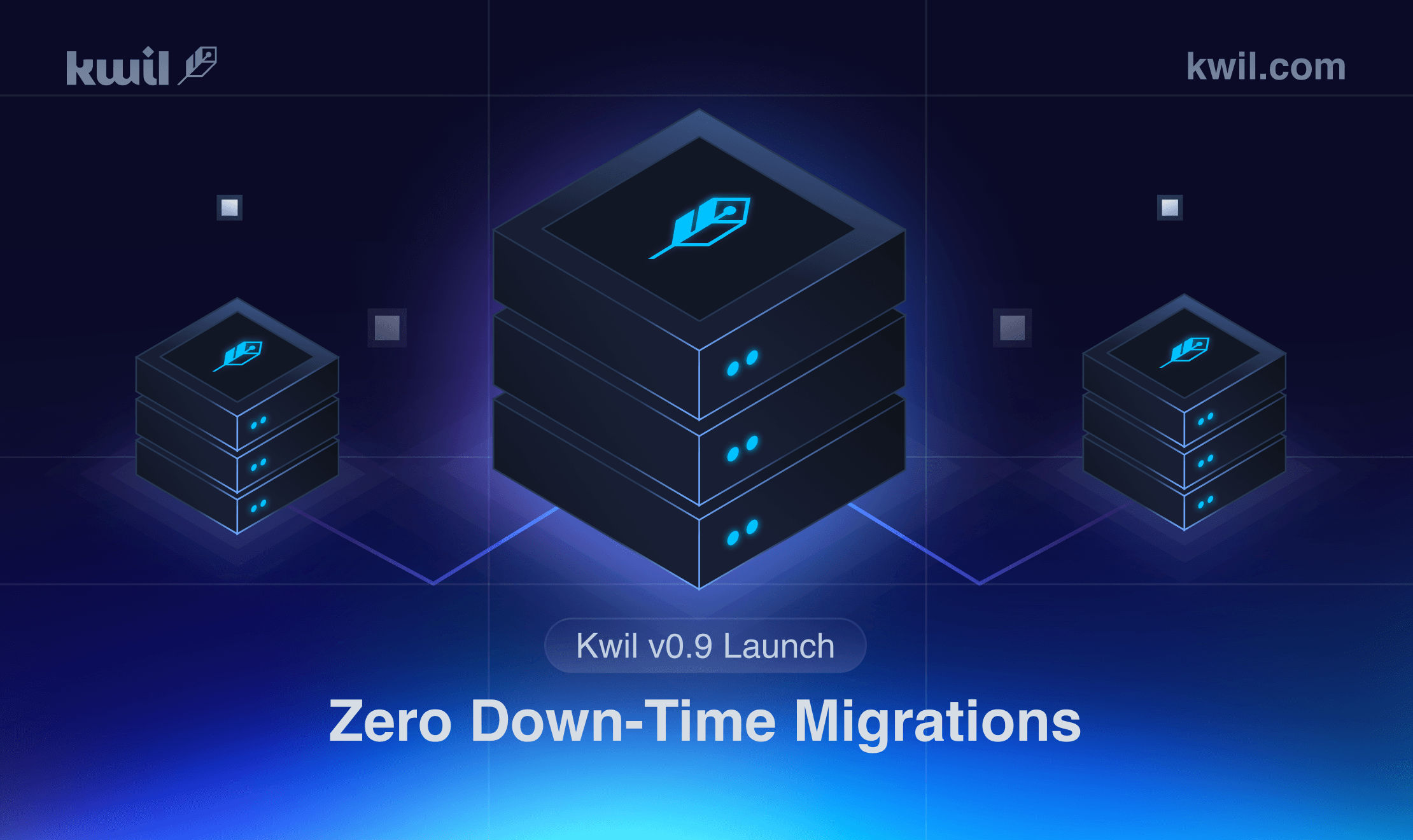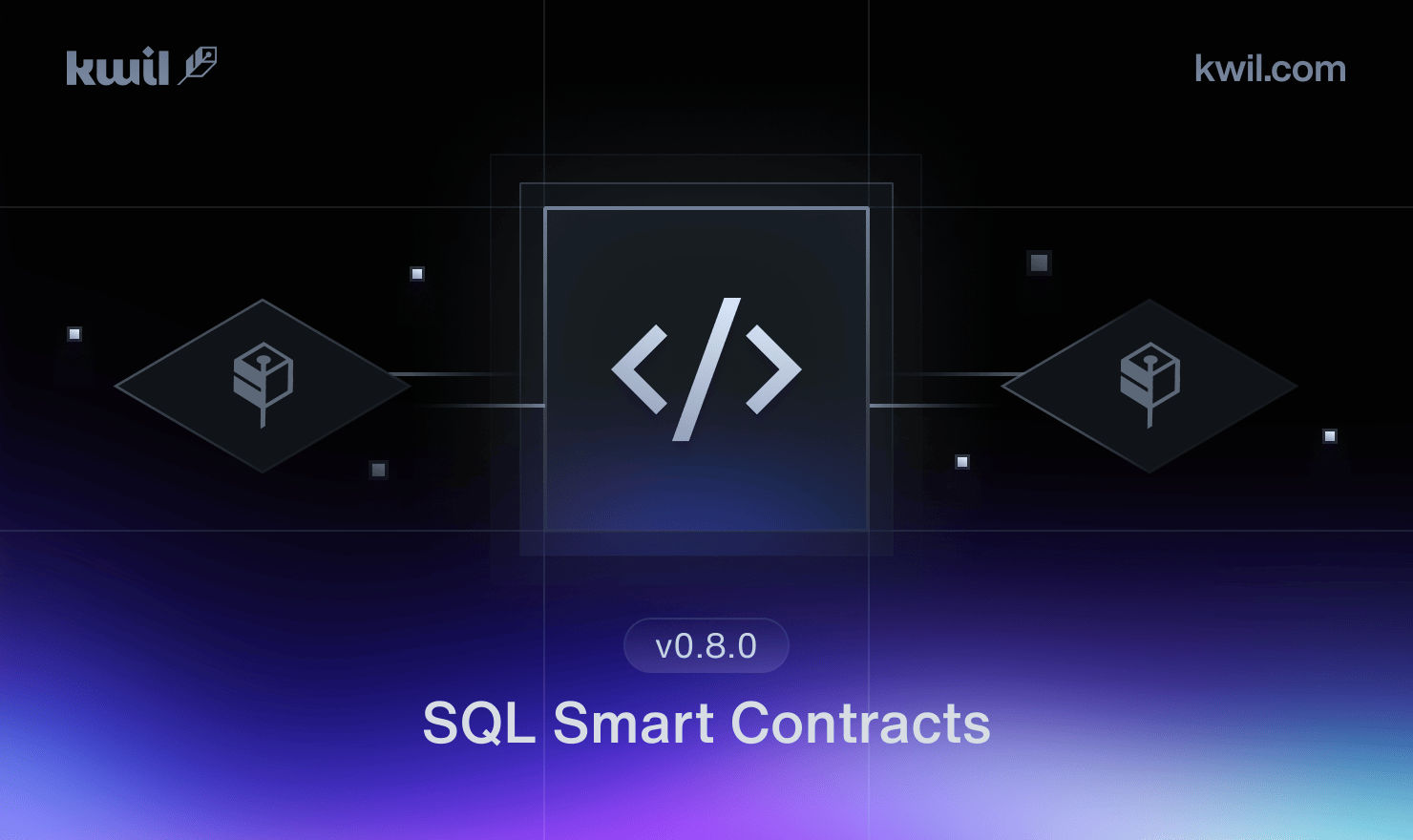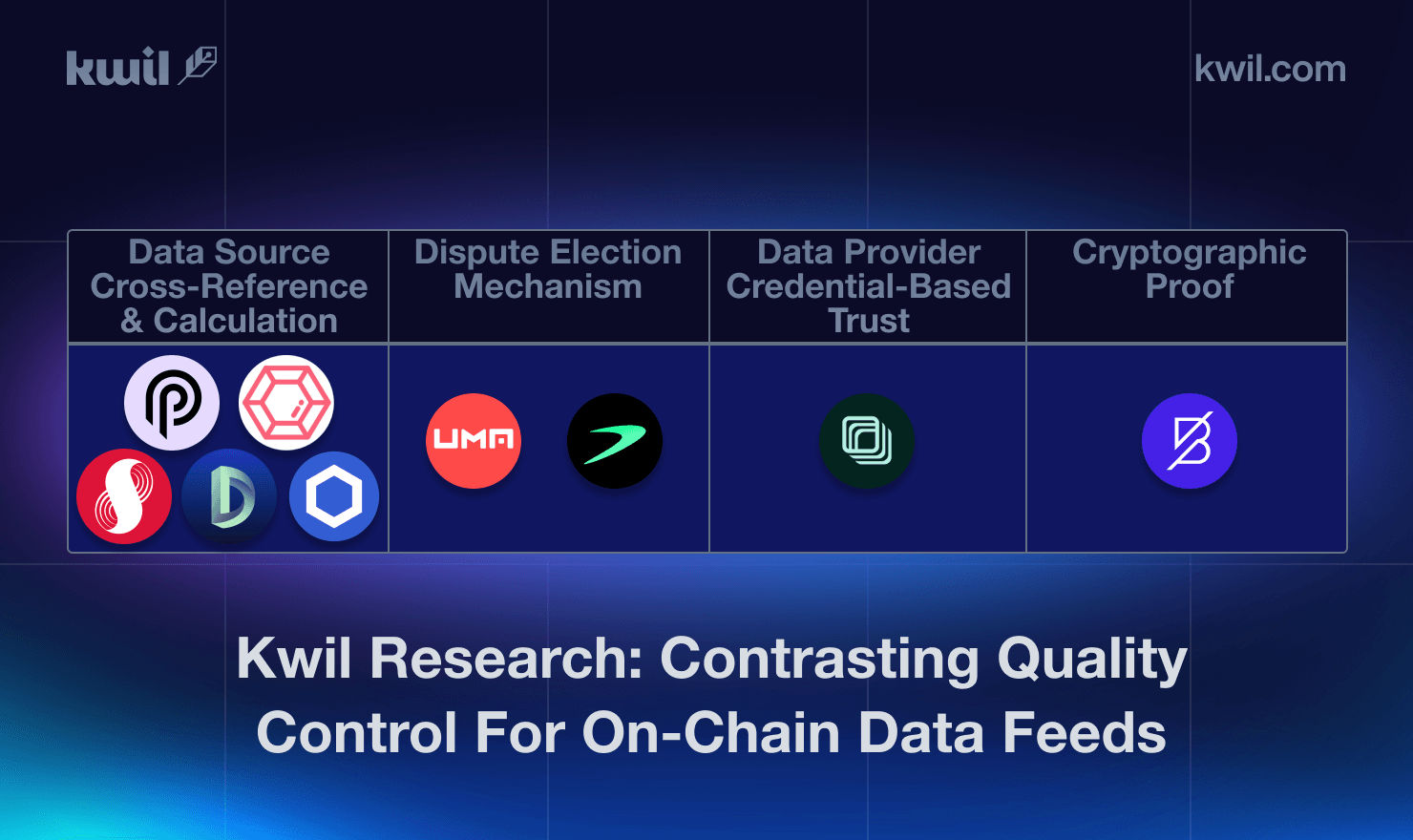
Announcing Kwil ZDT Release - Zero Downtime Migrations
We're pleased to announce the release of Kwil v0.9, codenamed ZDT (Zero Downtime). This major update introduces important features that enhance how decentralized networks can evolve and scale while maintaining continuous service and robust data privacy.

Expanding Smart Contracts with SQL
In 2008, the alarms on Wall Street rang as sophisticated traders descended into a primal frenzy.

Kwil Network Performance Metrics
Kwil delivers predictable and reliable performance at a range of transaction sizes, block sizes, and concurrency. This document provides an overview of the performance you can expect and establishes baseline, real-world metrics for Kwil database networks.

Introducing: SQL Smart Contracts
Warning to all censors, central bankers, Gary Gensler supporters, authoritarians, fascists, communists, and other evil-doers

Kwil v0.7: Open-Source PostgreSQL Appchains
Today, we are excited to announce Kwil’s next major release: Kwil v0.7 – The Postgres Release. This release dramatically improves on the functionality released at the end of 2023

Fortifying Postgres With Byzantine Fault Tolerance
Can distributed ledger technology decrease cloud outages, helping companies save over $26.5 billion per year?

Introducing: The Networks Release
Today, we are excited to launch the culmination of the last several month’s work at Kwil: The Networks Release.

Mitigating Platform Risk While Ensuring Data Privacy
In 2015, Twitter closed its Firehouse API, killing hundreds of third-party vendors relying on Twitter data for their core business.

The Intersection Between DID and Decentralized Relational Data
Last week, the Kwil team returned from an interesting and productive week at EthCC in Paris. One of the prominent themes at the conference was Decentralized Identity (DID) solutions

Introducing: Kwil Extensions
Today, we are excited to introduce a new paradigm for implementing custom logic and functionality in a decentralized database: Kwil Extensions.

Visualizing Decentralized Data with the Kwil Database Explorer
Today, we are unveiling the Kwil Database Explorer: a new user interface for developers, database administrators, and everyday users to visualize relational data on the Kwil network.

Kwil June 2023 Release: The SQL Syntax Expansion
Building upon the features included in the previous Kuneiform release, we are thrilled to announce the next major upgrade for Kwil: The SQL Syntax Expansion.

Setup Kwil Network in 30 seconds
Kwil is the decentralized database that enables applications to run without central authority.
Launch kwil